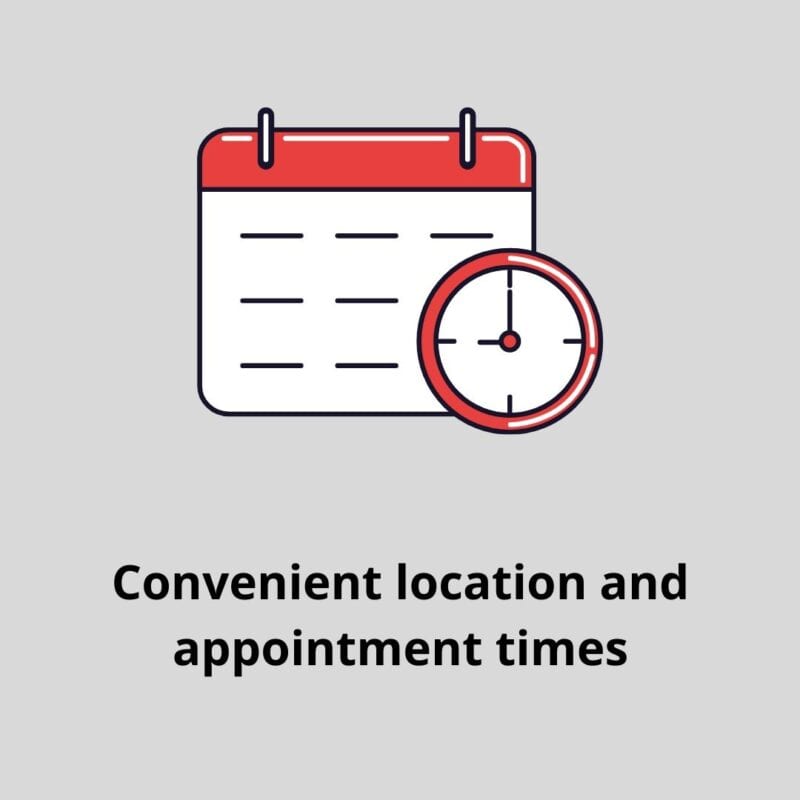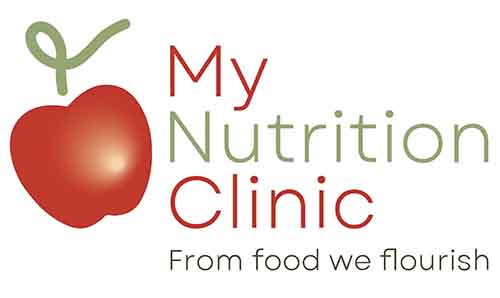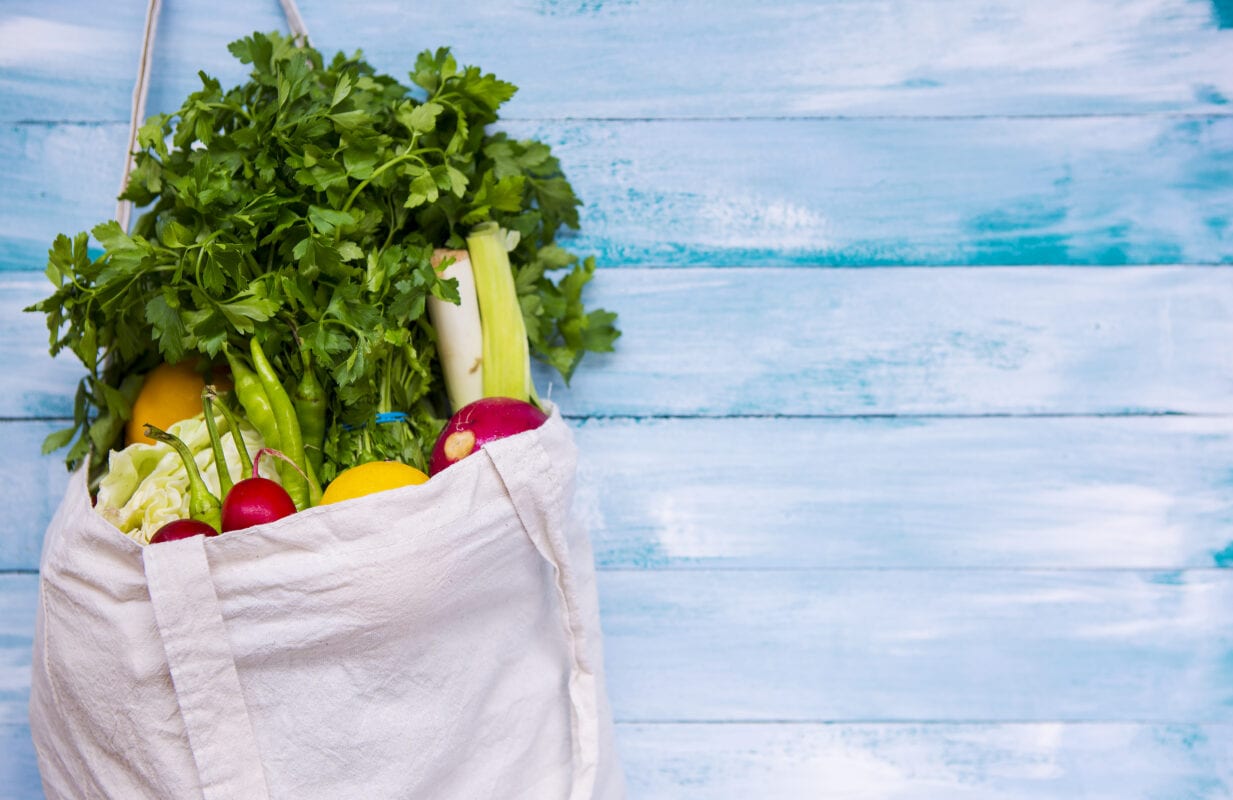The list is based on the amount of food needed to meet The Australian Guidelines for Healthy Eating. These guidelines may not have a snazzy title but they are the most accurate representation of the balance of food most Australians need for good health. Back in 2015 a group of clever researches reviewed 60,000 (not a typo!) pieces of research to come up with this plan. It represents the balance and amount of food needed to provide the nutrients we need to keep healthy. It is important to note that this guide may not be right for people with a health condition or those who are very over or underweight which may require a personalised plan.
The table below gives you a simple shopping list that you can use as the foundation for your meals. It is based on the amount of food needed to provide the basic nutrients for different Australian households.
What might surprise you in the list below is the amount of fruit and vegetables in there. This is because the average Australian doesn’t eat anywhere near the recommended number of fruit and vegetables needed for optimum health! So if there is one goal you can work on while in isolation, it is building new vegetable eating habits! This is going to give you your best chance of keeping a tip-top immune system!
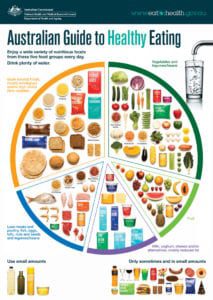
Single adult
|
1.4kg (9) apples |
|
1.4kg (9) bananas |
|
1.4g (9) oranges |
|
500g carrots |
|
800g potatoes |
|
1kg pumpkin |
|
400g Four Bean mix (1 can) |
|
400g diced tomatoes (1 can) |
|
4 onions (400g) |
|
3 tomatoes (800g) |
|
400g Frozen mixed veg |
|
400g Frozen peas |
|
500g Weetbix |
|
3 loaves Wholemeal bread |
|
1.6kg Rolled oats |
|
150g Cornflakes |
|
400g pasta |
|
400g rice |
|
200g wholegrain crackers |
|
300g mince |
|
300g lamb chops |
|
300g Beef rump steak |
|
500g canned tuna |
|
400g Chicken breast |
|
550g eggs |
|
400g unsalted nuts |
|
200g cheddar cheese |
|
1.1L Milk |
|
1.6kg yoghurt |
2 adults over 65 years
|
2.8kg (19) apples |
|
2.8kg (19) bananas |
|
2.8kg (19) oranges |
|
1kg carrots |
|
800g potatoes |
|
1kg pumpkin |
|
750g Four Bean mix (2 cans) |
|
800g diced tomatoes (2 cans) |
|
8 onions (800g) |
|
5 tomatoes (800g) |
|
800g Frozen mixed veg |
|
800g Frozen peas |
|
720g Weetbix |
|
2 loaves Wholemeal bread |
|
2kg Rolled oats |
|
200g Cornflakes |
|
500g pasta |
|
500g rice |
|
200g wholegrain crackers |
|
400g mince |
|
450g lamb chops |
|
450g Beef rump steak |
|
900g canned tuna |
|
750g Chicken breast |
|
1.1kg eggs |
|
400g unsalted nuts |
|
700g cheddar cheese |
|
3.4L Milk |
|
2kg yoghurt |
1 Adult & 2 kids (14, 8 years)
|
4kg (26) apples |
|
4kg (26) bananas |
|
4kg (26) oranges |
|
1.6kg carrots |
|
1.6kg potatoes |
|
1.6kg pumpkin |
|
1kg Four Bean mix (2.5 cans) |
|
1.2kg diced tomatoes (3 cans) |
|
12 onions (1.2kg) |
|
8 tomatoes (1.2kg) |
|
1.2kg Frozen mixed veg |
|
1.2kg Frozen peas |
|
1.6kg Weetbix |
|
6 loaves Wholemeal bread |
|
5kg Rolled oats |
|
500g Cornflakes |
|
1.2kg pasta |
|
1.2kg rice |
|
600g wholegrain crackers |
|
800g mince |
|
850g lamb chops |
|
900g Beef rump steak |
|
2.6kg canned tuna |
|
1.4kg Chicken breast |
|
1.6kg eggs |
|
350g unsalted nuts |
|
750g cheddar cheese |
|
3.7L Milk |
|
5kg yoghurt |
2 adults and 2 kids (14 & 8 years)
|
5.5kg (36) apples |
|
5.5kg (36) bananas |
|
5.5kg (36 oranges |
|
2.2kg carrots |
|
2.3g potatoes |
|
2.2kg pumpkin |
|
2kg Four Bean mix (5 cans) |
|
1.6kg diced tomatoes (4 cans) |
|
16 onions (1.6kg) |
|
11 tomatoes (1.6g) |
|
1.6kg Frozen mixed veg |
|
1.6kg Frozen peas |
|
2.2kg Weetbix |
|
8 loaves Wholemeal bread |
|
6.5kg Rolled oats |
|
700g Cornflakes |
|
1.6kg pasta |
|
1.6kg rice |
|
800g wholegrain crackers |
|
400g mince |
|
1.1kg lamb chops |
|
1.2kg Beef rump steak |
|
1.8kg canned tuna |
|
1.5kg Chicken breast |
|
2.2kg eggs |
|
800g unsalted nuts |
|
1kg cheddar cheese |
|
5L Milk |
|
7kg yoghurt |
2 Adults & 3 kids (14, 8 and 4 years) & 1 adult over 65
|
8kg (53) apples |
|
8kg (53) bananas |
|
8kg (53) oranges |
|
3.2kg carrots |
|
3kg potatoes |
|
3.2kg pumpkin |
|
2.7kg Four Bean mix (7 cans) |
|
2.3kg diced tomatoes (6 cans) |
|
23 onions (2.3kg) |
|
15 tomatoes (2.3kg) |
|
2.3kg Frozen mixed veg |
|
2.3kg Frozen peas |
|
2.9kg Weetbix |
|
9.5 loaves Wholemeal bread |
|
8.5kg Rolled oats |
|
850g Cornflakes |
|
2kg pasta |
|
2kg rice |
|
1kg wholegrain crackers |
|
1.5kg mince |
|
1.5kg lamb chops |
|
1.5kg Beef rump steak |
|
2.6kg canned tuna |
|
2.1kg Chicken breast |
|
3.2kg eggs |
|
1kg unsalted nuts |
|
1.5kg cheddar cheese |
|
7.5L Milk |
|
11kg yoghurt |
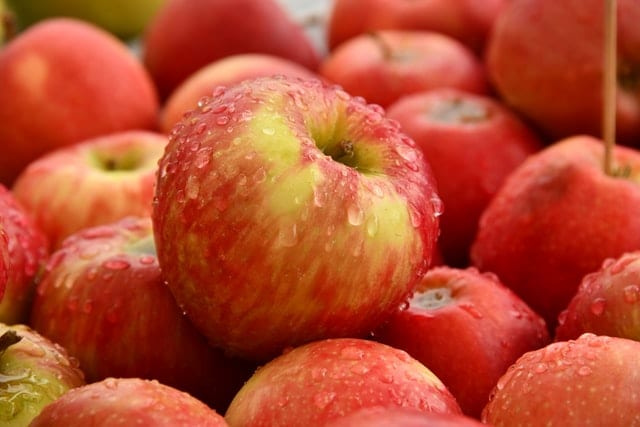
Fruit
Choose a variety of colours. Keep in the fridge to make it last longer. Buy fruit in season for a better price.
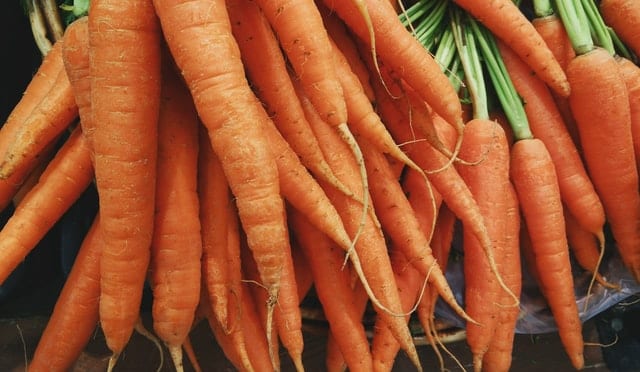
Carrots
Will last 2 weeks in the fridge. Great for snacks, grated into salads and steamed with dinner
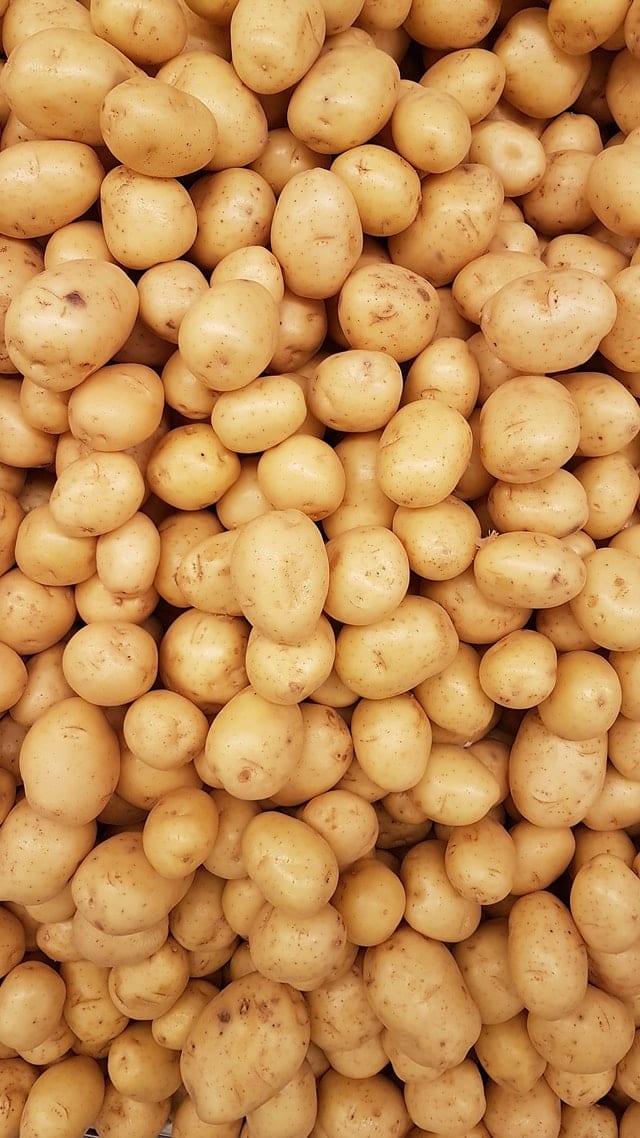
Potatoes
Mix with sweet potatoes. Keep in the fridge or dark dry cupboard to last 2 weeks.

Pumpkin
Will last for 2 weeks in the fridge. Roast or mash with potatoes. Use in soup.
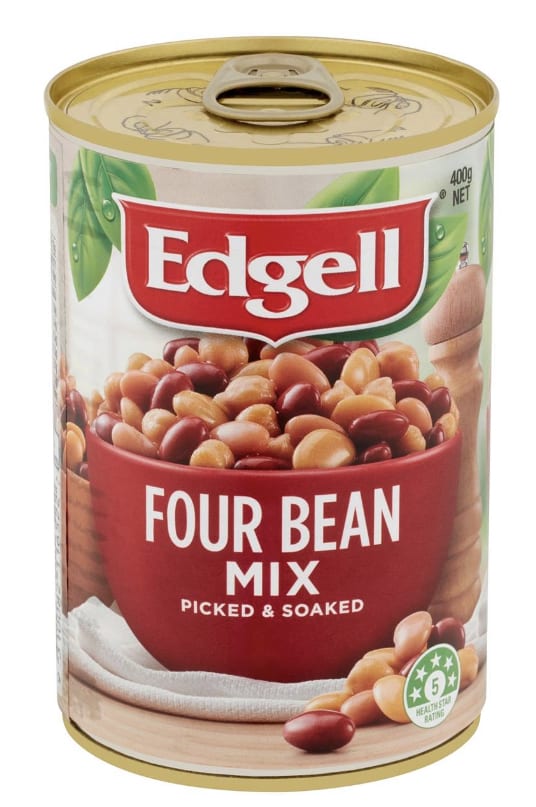
Four Bean Mix
Great for adding to salads, mix with mince and in soups/curries to reduce meat in recipe. Swap or mix with other legumes
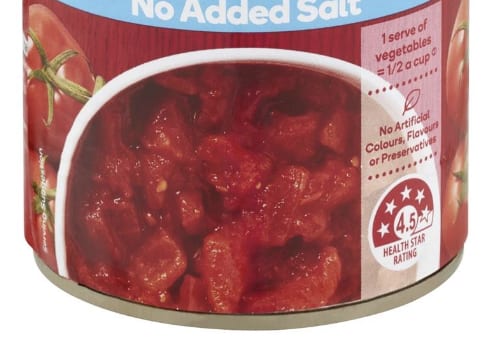
Diced tomatoes
Great for use in pasta dishes, curries, risotto and soups to make sauces go further.
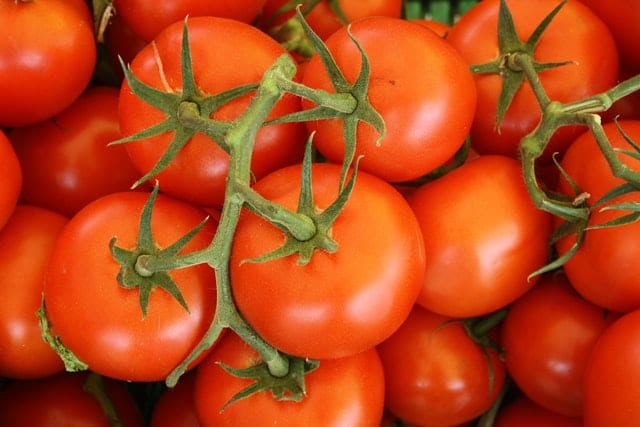
Tomatoes
Choose different types e.g. cherry, roma etc. Great in salads, fry up with eggs and as a snack.
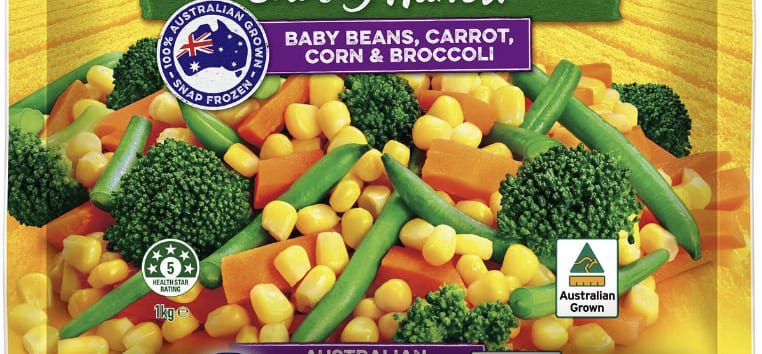
Frozen Vegetables
Quick and easy to add to dinner or with your fresh veggies. Some could be be tinned e.g. beetroot and corn
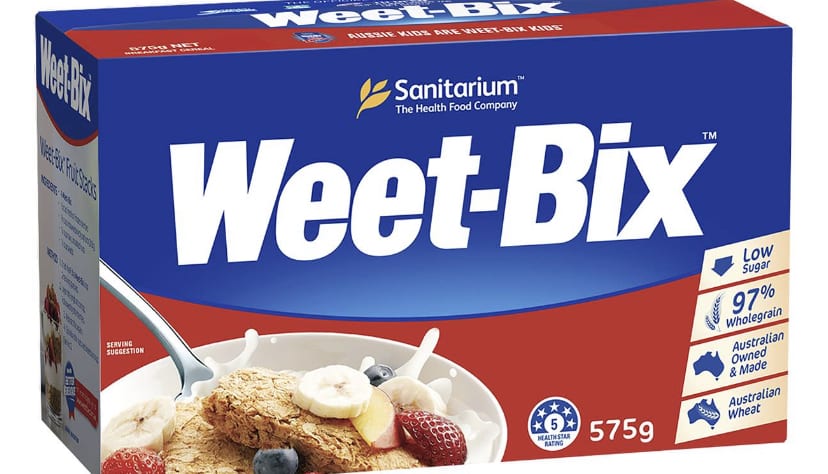
Weetbix
Quick and easy breakfast. Consider multi-grain and Hi-bran options for more fibre and regular bowels.
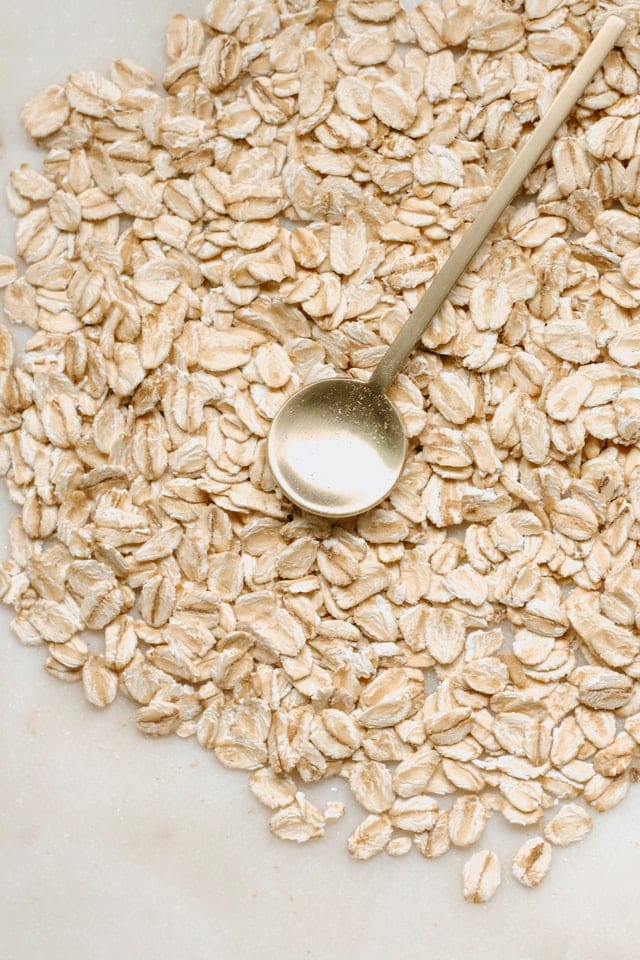
Rolled oats
For use in porridge, overnight oats, making muesli, oat biscuits and adding to smoothies.
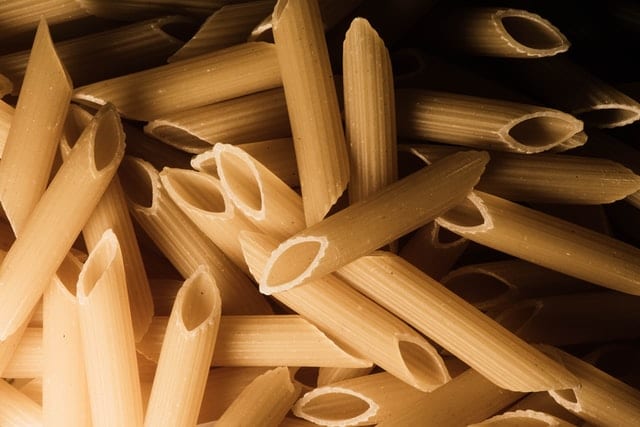
Pasta
Choose wholemeal or high fibre white where possible for better gut health. Pulse pasta is also a great option.
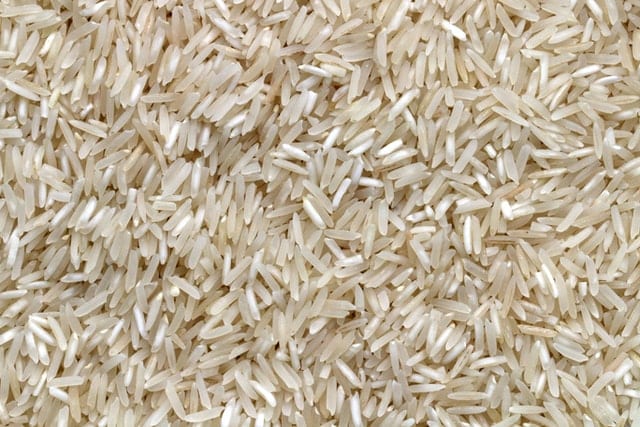
Rice
Basmati, Doongara, black, red and brown rice have more fibre and are more filling
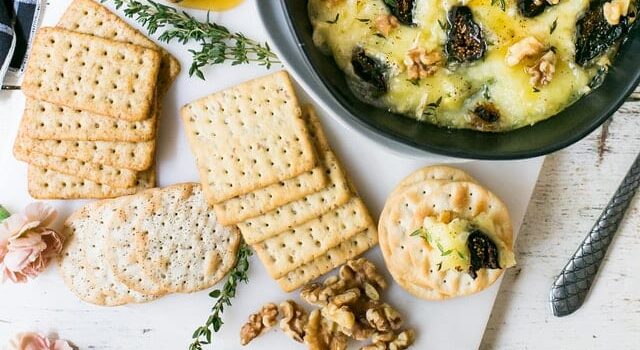
Wholegrain crackers
Try plain crackers with low salt. High fibre versions include Ryvitas and Vita-Weats. Brown or multigrain rice crackers.
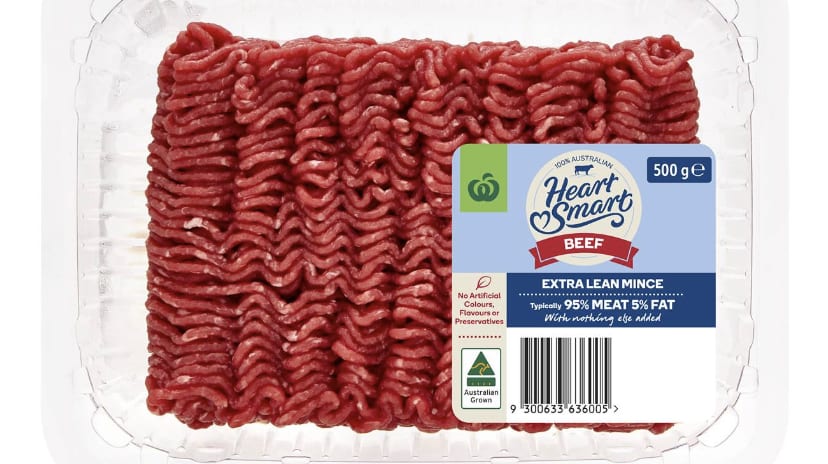
Beef mince
Choose very lean mince e.g. premium or Heart Smart. Mix with brown lentils or kidney beans to make it go further
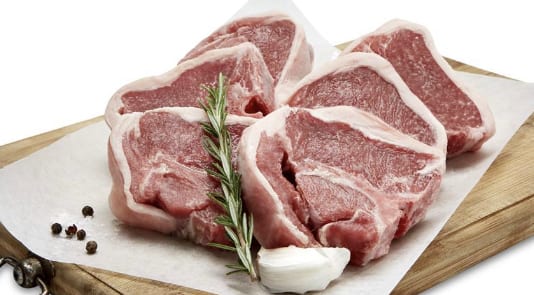
Lamb chops
Choose lean cuts with very little fat or trim before you cook to limit saturated fat
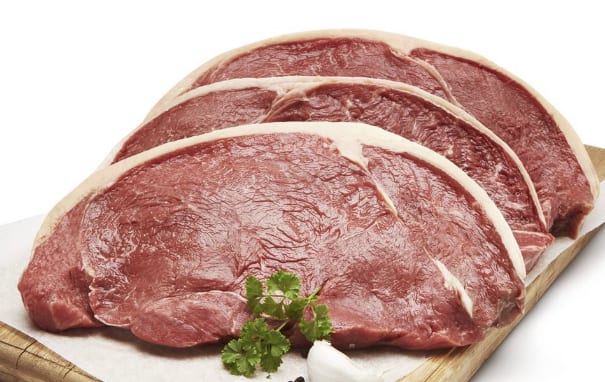
Beef steak
Choose lean cuts with very little marbling. Could swap for a roast and use leftovers with lunches.
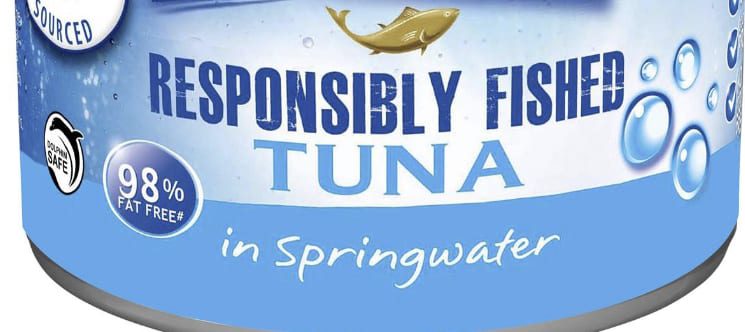
Tinned tuna/salmon
Great for sandwiches/wraps, pasta bake or salads
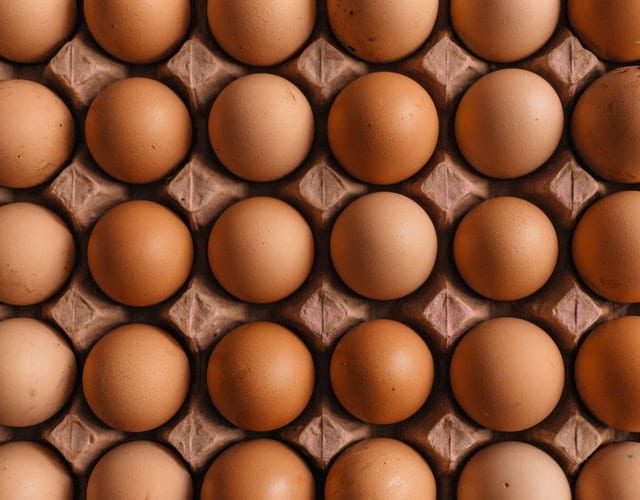
Eggs
Great for breakfast, lunch, dinner or snacks. Good meat alternative. Dozens vary between 600-800g
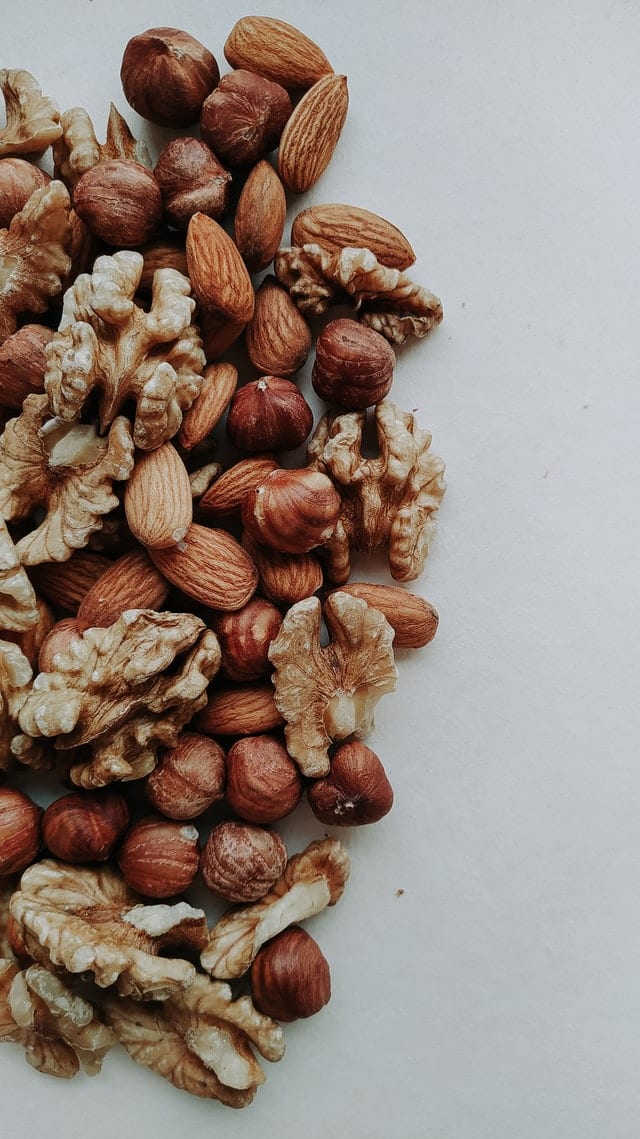
Nuts
A variety of nuts is better. Some of this can be peanut butter (unsalted and no added sugar) for toast and smoothies.
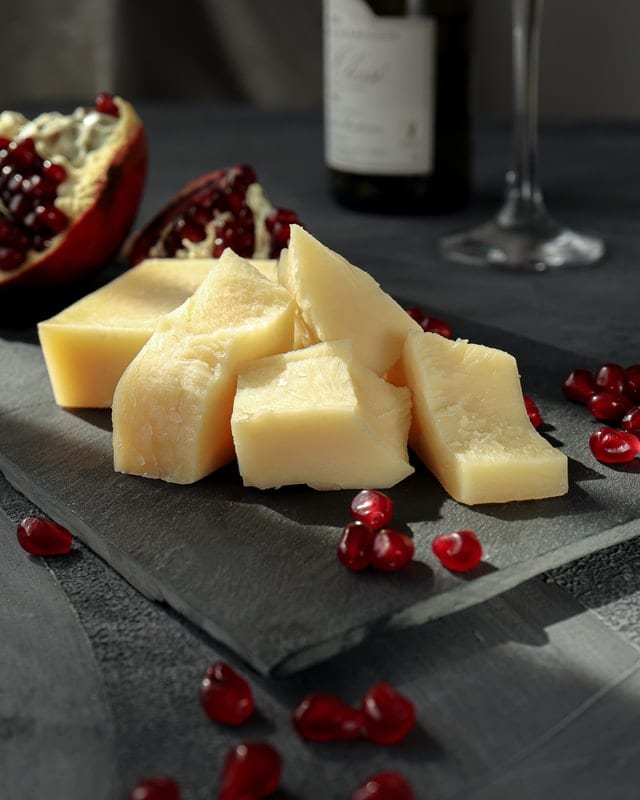
Cheese
Great for sandwiches, with crackers, on salad and sprinkled over pasta. Go for 30g portions.
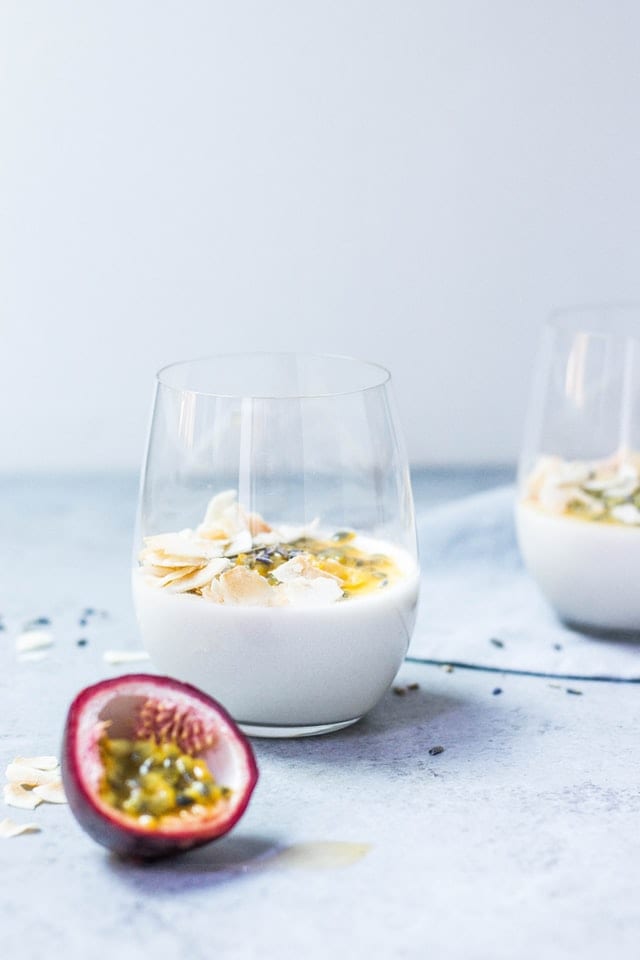
Yoghurt
Put a dollop on your cereal, mix with chopped fruit for a snack, add to smoothies or a simple snack. Look for ones with no added sugar.
To get more help with chronic pain, book an appointment with one of our dietitians below.

Anna D'Arcy
Director
Anna is an Accredited Practising Dietitian and director of My Nutrition Clinic who has worked for over two decades in the development and delivery of weight related programmes for adults and children. Anna has a Masters of Nutrition and Dietetics along with a Masters in Public Health and has worked in both Australia and London (UK).
Favourite nutrition areas:
Weight management
Bariatric surgery
Depression
Eating Disorders
Gut issues
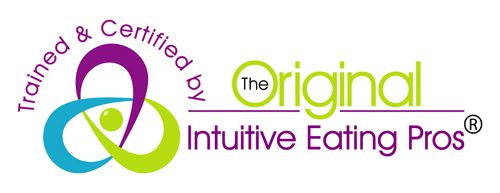

Block "37380" not found
Block "31761" not found

